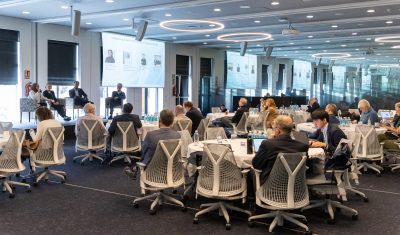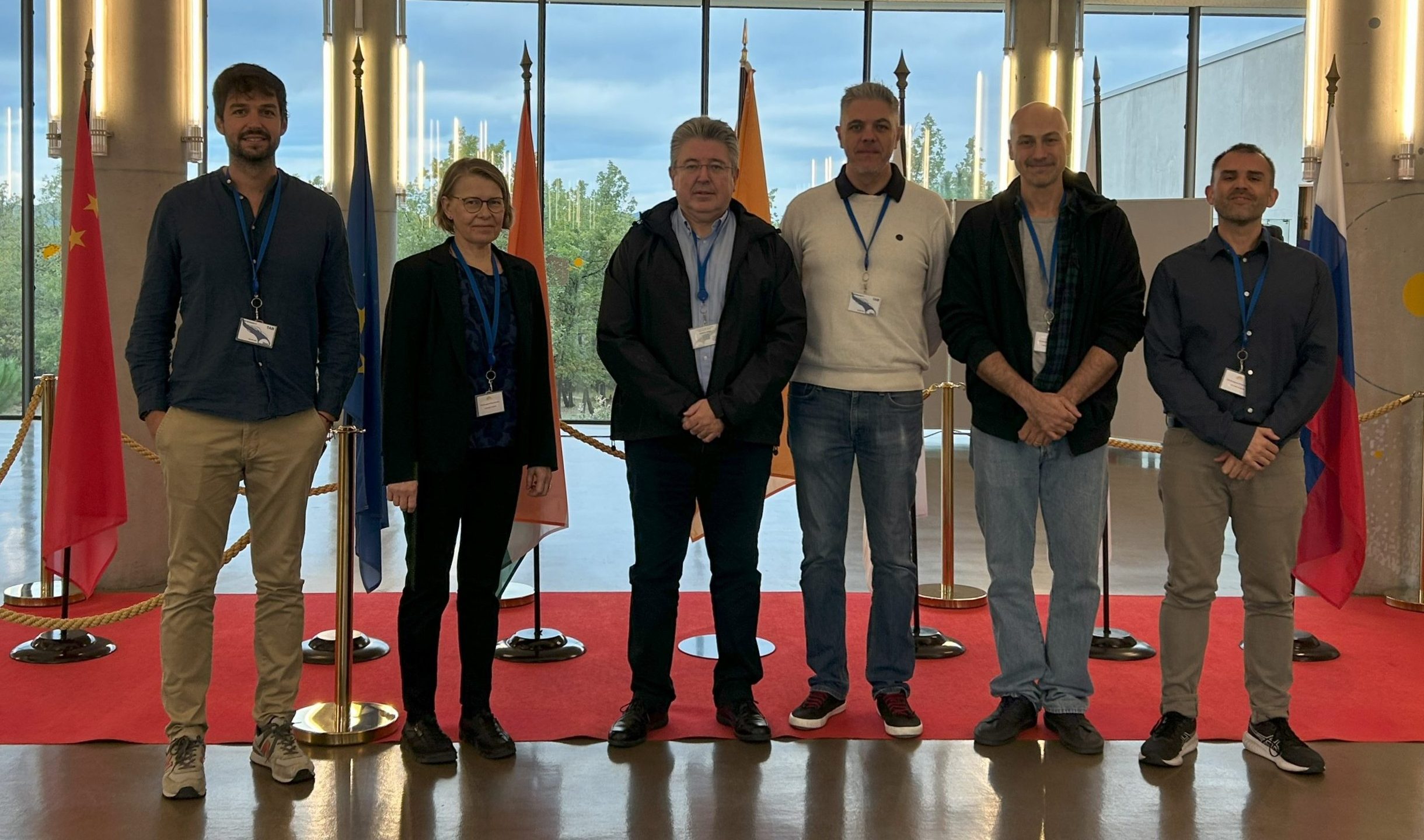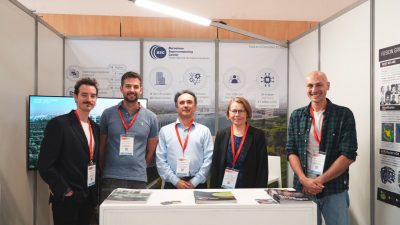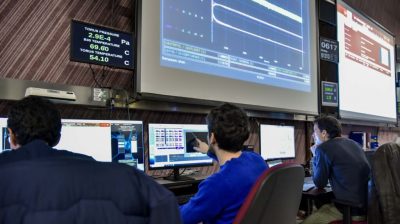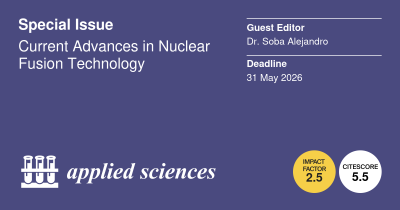
A new Special Issue on Current Advances in Nuclear Fusion Technology in the journal Applied Sciences opened for submissions in November 2025. Alejandro Soba, member of the Fusion group at BSC, is serving as Guest Editor and will oversee the full publication process.
This Special Issue highlights the latest advances in overcoming scientific and engineering challenges on the path to practical fusion energy. It features research on plasma behaviour, reactor modelling, and instability control, including turbulent transport, MHD stability, and multi-physics simulations that link plasma dynamics with material response. Studies explore plasma–material interactions, heating and fuelling methods, and laser–plasma processes for inertial confinement fusion. Contributions also address fast particle physics, burning plasma self-heating, high-performance scenario control, and resilient reactor materials. Together, these innovations advance diagnostics, power exhaust technologies, and overall reactor design, marking an important step toward achieving safe and sustainable fusion energy.

